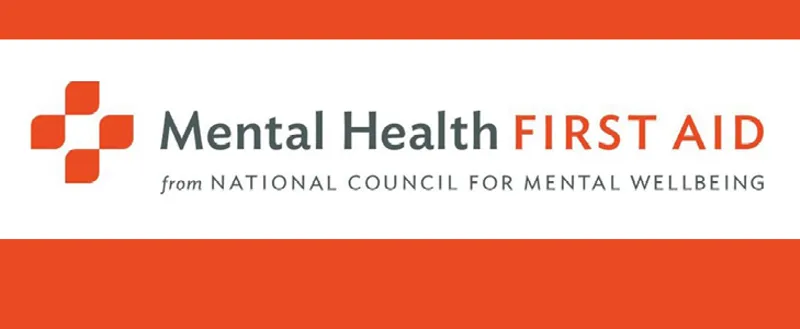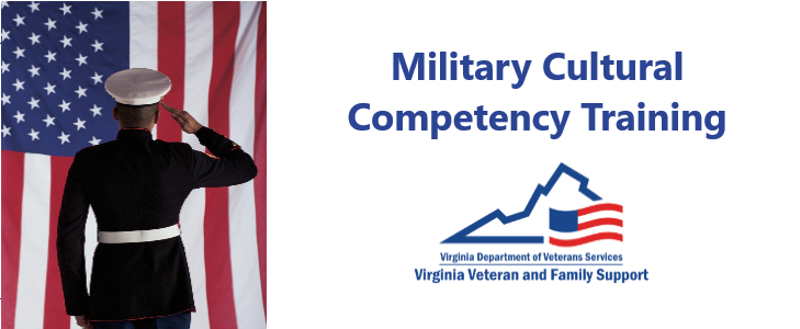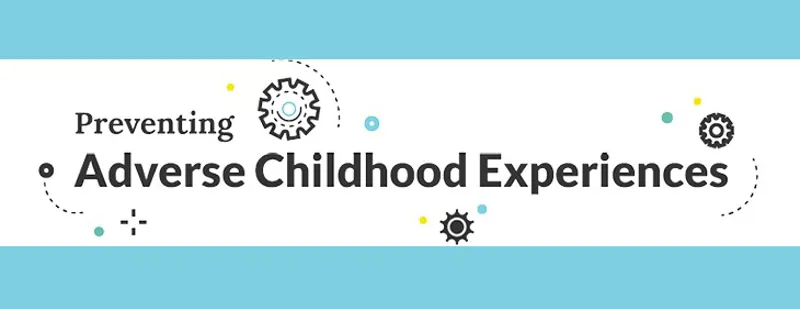Suicide Prevention for People with IDD Workshop
12:00 PM This workshop is an introduction to suicide prevention, highlighting risk factors and warning signs and addressing what we can each do to support someone who is struggling with thoughts of suicide. Click here to register or learn more!









